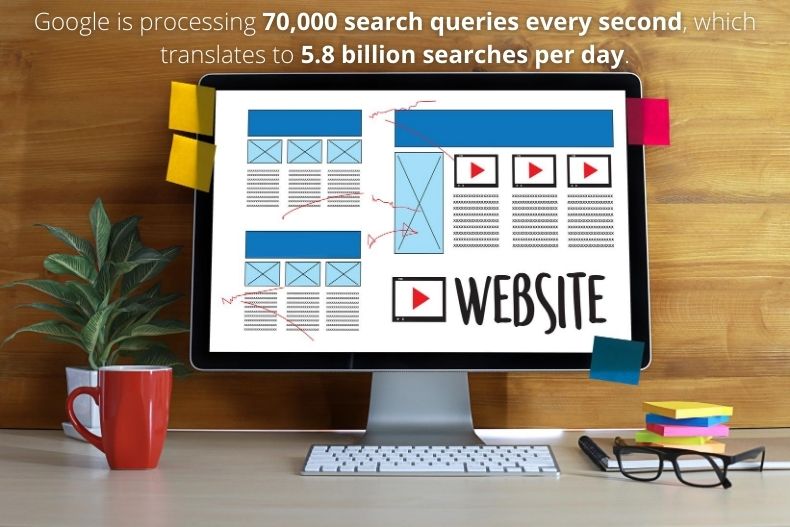In the last 20 or so years, Content Management Systems (CMS) have completely transformed the way businesses and individuals use the internet. Where once website owners would have had to pay a development company to make changes to their site, with a CMS, even the most inexperienced user can add, manage, edit and delete site content and pages with ease – and all without any design or programming skills.
The best CMS comes complete with easy-to-use, intuitive user interfaces held behind a secure, password-protected gateway to help prevent unwanted access. Although some websites are still produced using a static design, these days it’s far more common to see dynamic, CMS-driven sites. If you’re in the process of having a new website developed, you should insist the agency employs a CMS. Web design companies like ALT Agency, actively encourage clients to have sites built with a CMS for several reasons, including:

A CMS allows you and your design firm to work more efficiently
Using a CMS will help your development company build a site much quicker than producing individual pages from scratch and can make replicating complicated code across multiple pages very easy – often resulting in reduced development fees. A site powered by a CMS also allows you to make changes independent of your developers – again, greatly reducing production costs and putting you firmly in control of your content.
A CMS standardizes the look of your site
If you look at pretty much any website, you will see many design layout components that are standardized across all pages. Maintaining a similarity in design not only adds to a site’s sense of uniformity, it also aids the user experience by keeping common items in a predictable place and format – for example, the main navigation menu or header areas for images. A clean, organized layout across a site looks more professional and instills user confidence.
Using a CMS to power your website helps lock down the main graphic elements, duplicating them across new pages to ensure a familiar look and feel over your content. Perhaps more importantly, a CMS also automatically marks specific parts of a page as editable, meaning you can let a wide range of users loose on your site without running the risk of individual layout choices potentially deviating from the overall design theme.
A CMS also allows your staff to prioritize web content over design or programming considerations (for example, by making it easy to embed a video on a page). This empowers your web manager to concentrate on producing quality content that is more likely to be enjoyed by your visitors.
Regularly-updated content improves your SEO rankings
It’s estimated that around 80% of all business-to-business (B2B) searches begin on an internet search engine. Search Engine Optimization (SEO) is a detailed and involved process that aims to improve a website’s ranking in search engines, thereby increasing site traffic – and one of the best ways to improve your SEO is by regularly updating keyword-rich content.
Google loves fresh, relevant content and by making regular updates to your site or blog pages through a CMS, you will greatly enhance your exposure in Search Engine Results Pages (SERPs) applicable to your industry sector.